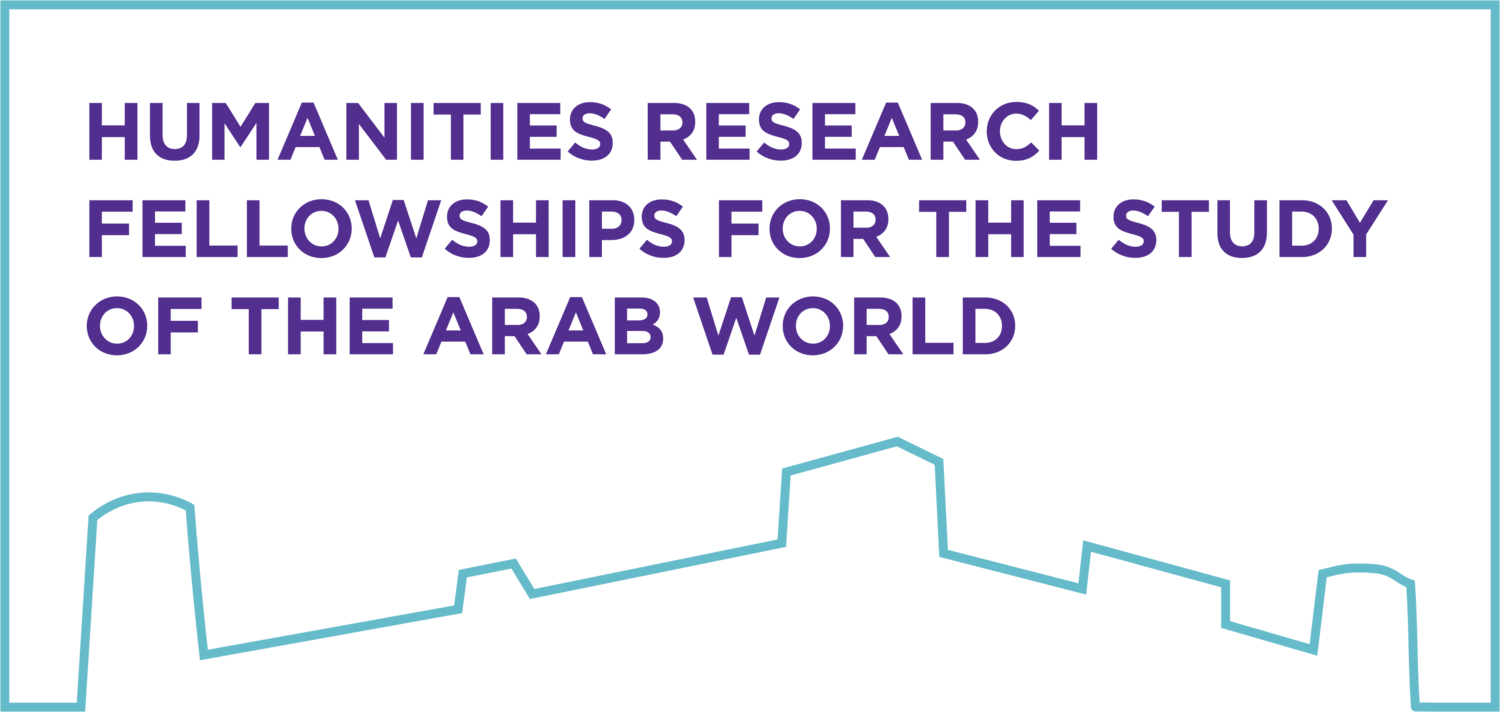The workshop addresses a seeming paradox at the heart of many discussions about the UAE — how has the citizen population of a relatively young nation which has undergone a vast transformation in a short time developed a strong sense of national identity? The workshop explores a twofold approach to the history of the Trucial States/United Arab Emirates from the second half of the twentieth century to the present. On the one hand, we examine the well-known spatial transformation the region has experienced since the mid-1950s. In large part this has been made possible by the emergence of the oil industry and related flows of capital. But the specific forms it has taken have been heavily shaped by regional ideological struggles, local personalities and politics, and a location on the imperial periphery. On the other hand, we explore the development of an Emirati national identity and its relationships to trans- and subnational identities, and how Emiratis have narrated their country’s history. But rather than separating material from discursive histories, we examine the two as mutually constitutive through a series of case studies. These case studies include British efforts to develop modern agricultural production in the northern UAE, the beginnings of the cement industry in the late 1960s, construction of the first road from Dubai to Ras al-Khaimah, and the urbanization and then suburbanization of the Emirati citizen population. By examining the flows of goods, capital, and people, we can trace the development of a national material and imaginary space. At the same time, we aim to avoid “methodological nationalism” and place these histories of identity and infrastructure in their regional context. The workshop’s discussions are heavily informed by comparisons, contrasts, and connections between the histories of the UAE and Oman.
Participants
Matt MacLean, PhD Candidate, NYU New York, and Humanities Research Fellow, NYUAD
Matthew MacLean joined as a Humanities Research Fellow at NYUAD and is in the Joint Program in History and Middle Eastern and Islamic Studies at NYUAD. His dissertation research is on the spatial transformation of the Trucial States and United Arab Emirates in the second half of the twentieth century, in particular how the development of the UAE's infrastructure made possible the emergence of Emirati national identity. He pays special attention to the emergence of the UAE state and aim to place Emirati history in its wider regional and global contexts. He was a Fulbright student in the UAE in 2006-07 at Zayed University in Dubai while completing his MA thesis at CUNY-Brooklyn College on US foreign policy in the Gulf in the 1970s, and has MA degrees in Arab Studies from Georgetown University and Teaching Social Studies at Teachers College, Columbia University. Prior to entering graduate school, he taught history at the high school level in Brooklyn, NY for eight years.
Frauke Heard-Bey, author of From Trucial States to United Arab Emirates
Frauke Heard-Bey received a PhD from the Freie Universität Berlin in 1967 and followed her husband to the emerging oil-producing state of Abu Dhabi. She joined the 'Centre for Documentation and Research' in 1969. Her research into the social, economic and constitutional history and current developments of the countries of the Gulf resulted in academic publications including: From Trucial States to United Arab Emirates, 3rd ed., Dubai 2004; Die arabischen Golfstaaten im Zeichen der islamischen Revolution, Bonn, 1983; From Tribe to State. The Transformation of Political Structure in Five States of the GCC, CRiSSMA Nr. 15, Milano, 2008.
David Heard, author of From Pearls to Oil, ADCO
David Heard, CBE FEI arrived in Abu Dhabi as a petroleum engineer in August 1963. He is the author of From Pearls to Oil: How the Oil Industry Came to the United Arab Emirates.
Mandana Limbert, CUNY-Queens College
Mandana E. Limbert received her PhD in Anthropology and Near Eastern Studies from the University of Michigan in 2002 and joined the Queens College (CUNY) faculty the same year. She became a member of the faculty of the CUNY Graduate Center in 2007. She has also been a fellow and visiting scholar at The University of Michigan’s Institute for Research on Women and Gender, New York University’s Center for Near Eastern Studies, the University of California, Berkeley’s Center for Middle Eastern Studies, and Duke University’s Department of Cultural Anthropology. She was a member of the faculty of the History department at North Carolina State University, 2009-2010. In addition to numerous articles, Professor Limbert has co-edited Timely Assets: The Politics of Resources and their Temporalities (2008), published by the School of American Research, Advanced Seminar Series. Her book, In the Time of Oil: Piety, Memory, and Social Life in an Omani Town was published by Stanford University Press (2010). And, with support of a grants from the American Council of Learned Societies and the City University of New York, Professor Limbert has begun writing her next book, Oman, Zanzibar, and the Politics of Becoming Arab on changing notions of Arabness in Oman and Zanzibar over the course of the twentieth century.
